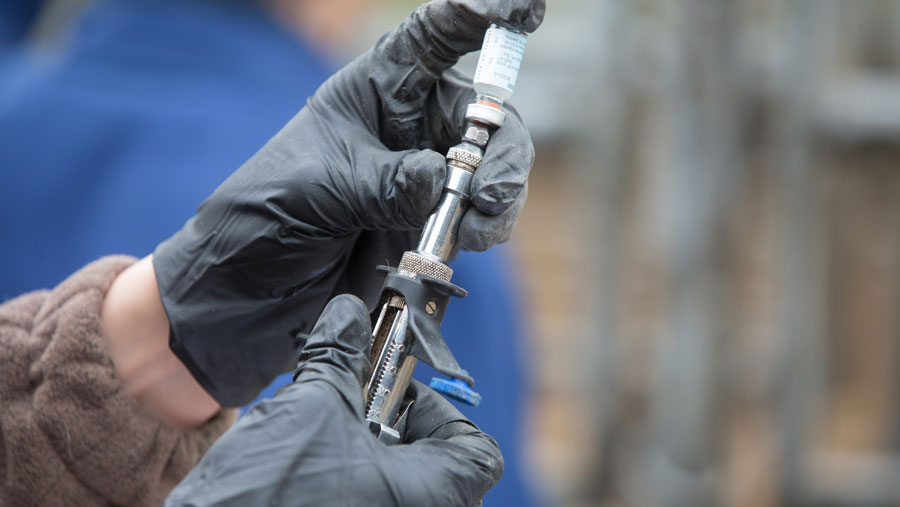NI farmers urged to speak out over proposed TB controls
 © Tim Scrivener
© Tim Scrivener Time is running out for farmers in Northern Ireland to have their say on proposals for a new TB eradication policy in the province.
The proposals, unveiled by the Department of Agriculture, Environment and Rural Affairs (Daera) in July, include increased cattle testing and badger vaccination programmes.
A consultation exercise, ending on 10 September, included testing of non-bovines, herd health management plans, biosecurity improvements and compensation cuts. It also included plans for a badger cull to be set up and paid for by farmer-led companies.
See also: Tractor and trailer safety reminder as driver shortage bites
With the consultation deadline fast approaching, the Ulster Farmers’ Union (UFU) has urged farmers to take part.
UFU animal health and welfare chairman Andrew McCammond said it was vital members read the plans, which had long-term and far-reaching implications for the industry.
Debate is crucial and farmers must be fully engaged, given the financial and mental health impacts of TB on NI farmers, Mr McCammond said.
“This is the first opportunity farmers have had to influence the future of a TB eradication strategy in Northern Ireland.
“We must grasp this opportunity and develop a solution that will work for the farming industry. I would encourage every farmer to respond to the consultation,” he said.
Mr McCammond’s plea came as badger protection groups ramped up their opposition to proposals for a cull using free shooting.
In an open letter to the farming community, NI Badger Group policy adviser Mike Rendle, suggested shooting would be indiscriminate and cull mostly healthy badgers.
The letter claims that the root of the TB problem is a large reservoir of undetected TB infection in cattle herds.
“This will mean a significant increase in reactors once new testing measures are rolled out,”, Mr Rendle claimed. “Farmers will be losing more cattle and receiving a lot less for them.”
He added that a cull could damage the farm industry’s image at a time when the environmental impact of food production was under intense scrutiny.
Further information
The consultation closes on 10 Sep 2021
- Read the full consultation document on Daera’s website
- Have your say via the online consultation on the TB eradication strategy
- Or contact Daera via email: TBBR.Policybranch@daera-ni.gov.uk
